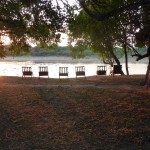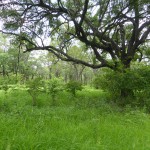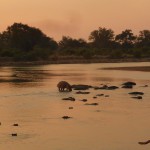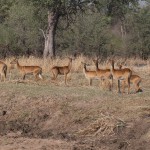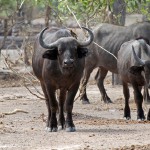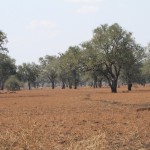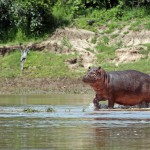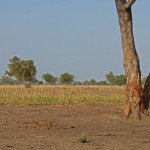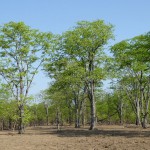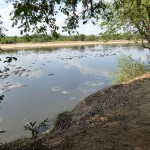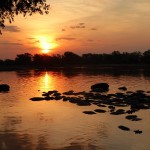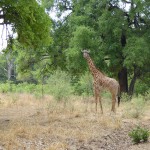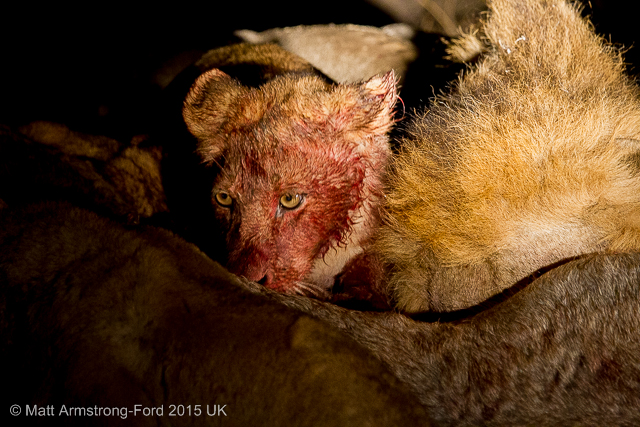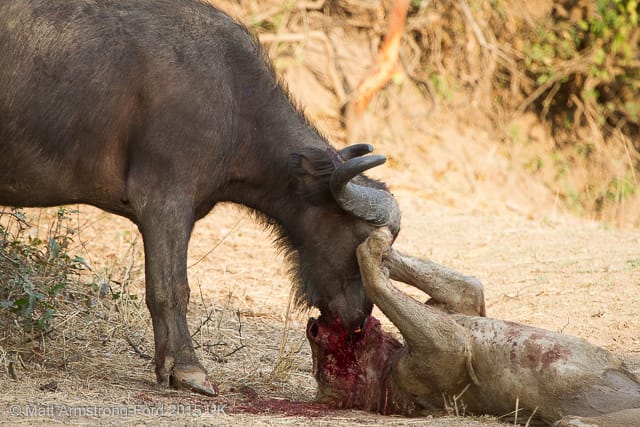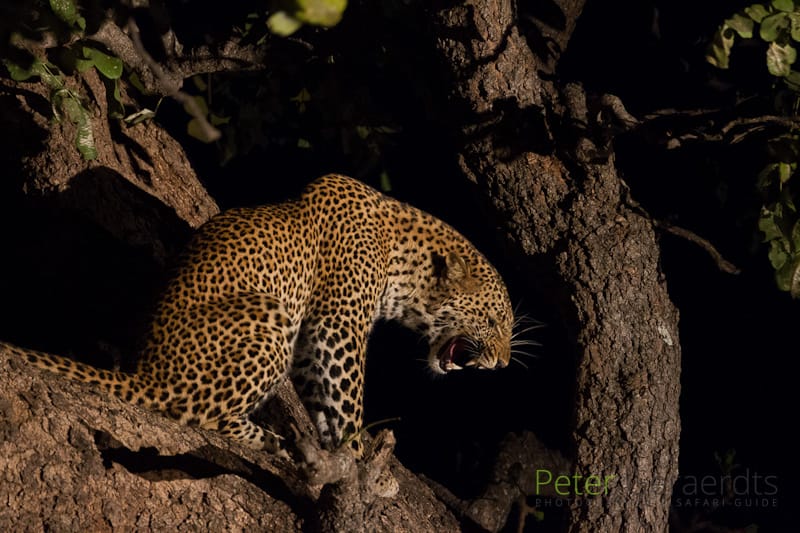LUAMBE NATIONAL PARK
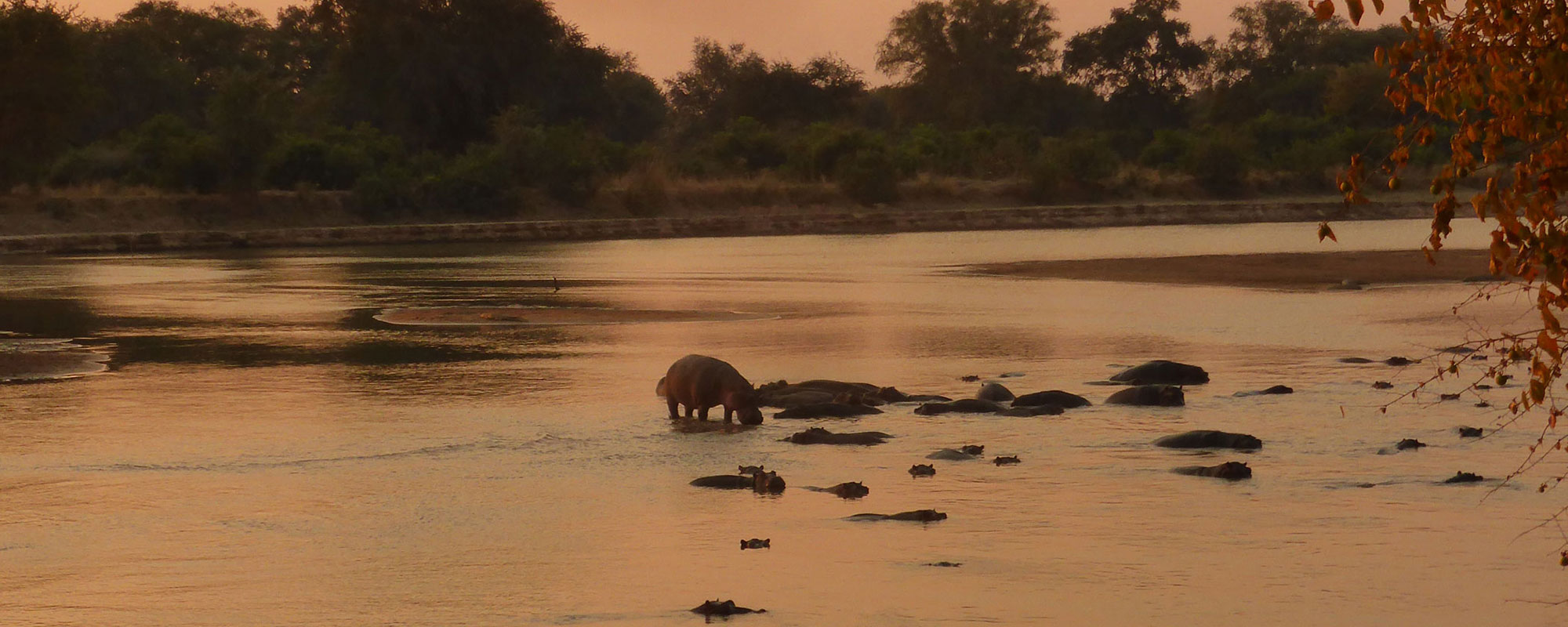
At just 254 km² / 158mi², Luambe is one of Zambia’s smallest national parks (the smallest is Lusaka National Park). Situated on the eastern bank of the Luangwa River, it lies in the heart of the Luangwa Valley between Lukusuzi, and North and South Luangwa National Parks. It was declared in 1938 and is one of the oldest conservation areas in Zambia.
The wildlife found in Luambe is similar to that of its larger neighbouring parks and includes all the typical large herbivores and carnivores as well as some less well-known species. However, the animals of Luambe are generally present at lower densities than in the bigger parks with the advantage that Luambe is less crowded than its more famous neighbours.
Habitat diversity is enormous and within short distances the vegetation ranges from riverine forest, cathedral mopane woodland and floodplain acacia thickets to the sausage tree-dotted open grasslands of the Chipuka Plains.
There are over 200 species of bird in Luambe and elephant, lion and leopard populations are on the increase – so it’s well worth visiting now before everyone else catches on!
MORE INFO
LATEST NEWS
Waterbuck on the Menu
Waterbuck are generally known not to be high on the menu for lions, due to an oily secretion from a sweat gland that helps waterproof the buck when it enters the water and which is said to ruin the taste. [...]
Every King One Day Falls
Towards the end of our 2014 season we noticed that the Mwamba Kaingo lion pride had been one male down. The dominant male of the pride had been seen less and less and the last time he had been spotted [...]
Zambia’s “Valley of the Leopard”
Nestled in the valley of the Luangwa River, an intricate ecosystem thrives with no concern for the modern world of mankind. Here, only a few dirt roads intrude upon the otherwise untouched wild. The Spirit of Africa hums through every [...]

